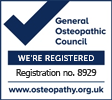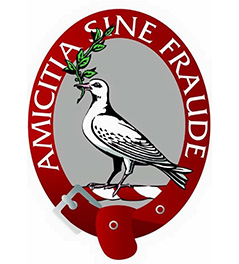John Rothery the lead therapist at Rothery Health is to undertake a two day intense sports trauma training course this weekend in Cardiff with the World famous Lubas training company at Cardiff Arms Park. The course will assist him in his duties as the main pitch side physiotherapist for Newcastle Emlyn RFC first XV who play in the Welsh Championship.
Sports like rugby and football are great, but we’ve all seen how easy it is to get injured out there on the pitch. Sports Trauma Management is a nationally-recognised course that gives healthcare professionals the core skills that they will need to properly manage traumatic sporting injuries.
The sports trauma course has been running since 1998, and it’s one of the few trauma courses to be officially recognised by the UK’s sports governing bodies. In fact, once you’ve completed the Sports Trauma Management course, you’ll be at the same level as the pitch-side medical staff who covered the 2012 London Olympics!
This course aims to arm you with the assessment and treatment skills that are so essential to the management of traumatic sports injuries. This course is among our most popular – instructors speak from their own experience, using practical, hands-on teaching methods to make the course as enjoyable and as enriching as possible.
The sports trauma course is specifically designed for healthcare professionals, such as:
Physiotherapists and Osteopaths
Doctors
Paramedics
Sports Therapists
Physiotherapy/Medical Studentweet
Here are some of the things that will be covered on the sports trauma course:
Resuscitation – Cardiopulmonary resuscitation (CPR) and automated external defibrillation
Airway management – Anaphylaxis, chest injury, ventilation using airway and breathing adjuncts, bag valve mask ventilation, oxygen therapy, portable suction devices
Head injury management – Concussion, head trauma, and unconsciousness.
Fracture management – Injury assessment and splinting devices.
Spinal injury management – Spinal injury assessment, cervical immobilisation, collar application, spinal boards, strapping.
Injury assessment – Structured assessment, soft tissue injuries and patient clinical records.


















